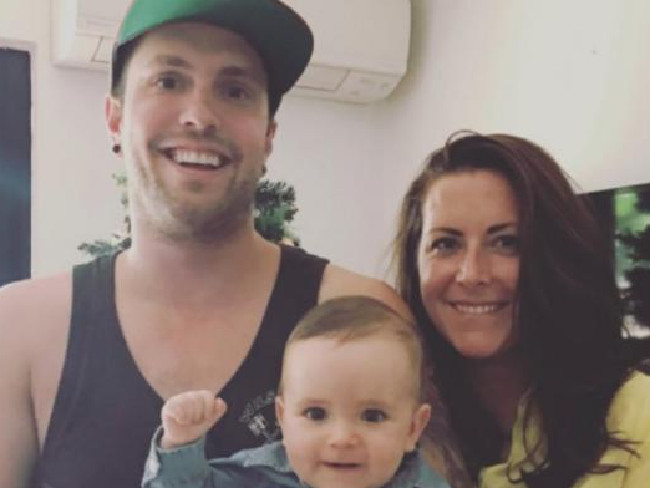
The Health Insurance "Hack" Saving Thousands
This week’s money saving tip comes courtesy of Bek Day (pictured) who writes for Kidspot and is republished (in part) with permission from kidspot.com.au
Bek says she is the first to admit that she doesn’t have any idea what she’s actually paying for with her private health insurance. Like many young couples, she thought she should get PHI in preparation for starting a family.
When she did fall pregnant, the obstetrician explained that she would be out-of-pocket by $5,000 and she assumed this would be covered by her insurer. The very depressing realisation dawned that she was never going to see the cash again.
Recently her husband required nose surgery and Bek goes on to explain what she calls “the hidden cost of private health insurance”.
"Basically, for a private patient in hospital, the government will pay 75 per cent of an agreed-upon price for the procedure. This is called the Medicare Schedule Fee. Your health fund will then pay the remaining 25 per cent, so in theory, that procedure is 100 per cent covered.
"The problem arises, however, when doctors charge over the agreed-upon cost of that procedure. This is something they do frequently and with reckless abandon. When I spoke to our fund about the $4,500 in out-of-pocket costs my husband’s doctor wanted to charge, they explained it was because he was charging five times the Medicare Schedule Fee. FIVE TIMES!
"The help desk operator then informed me of a website called Healthshare, aimed at empowering Australians to make more informed decisions about their healthcare. One of the features of the site is that it allows you to search, by item code, for the procedures you need, and find a doctor in your area who performs them with either no gap (no out-of-pocket expenses) or a ‘known gap’ (a maximum of $500).
"Within a week we saw a doctor in our area, told him the other quote was far too expensive, and he agreed to do the surgery for a ‘known gap’ of $500. Better yet, my husband could choose from a range of surgery dates that would fit in with his work/our childcare schedule, and just like that, we’d saved $4,000!"
So Bek’s tips for saving on health costs are:
* Check the Healthshare website if you’re with HCF (it only shows doctors who have a known gap agreement with HCF).
* If you’re with a different insurer, phone them up and ask them which providers they have Gap agreements with. Most health funds have these agreements in place with certain providers.
* Remember that just because a doctor has performed a procedure for an agreed gap, it doesn’t mean they will again.
* Talk to your surgeon about your ability to afford a proposed surgery. If the quoted amount is too high, tell them — they are at liberty to choose what they charge.
* If your health fund doesn’t have any agreements with doctors, you can find a doctor who has an agreement in place with a different fund for the procedure you need, and switch your policy to that fund. Before you do, make sure you check with the new fund that there is no waiting period once you’ve changed over.
* Make sure you look into any additional costs, such as the cost of the anaesthetist. A lot of patients are stung by hidden anaesthetist costs, but you can check that they also participate in the known gap scheme before you agree to the procedure.
* Use the government comparison website to get ad-free information on which is the right fund for you.
Bek Day has no association with Healthshare. Photo supplied by Bek Day
And the FiftyUp Club's tip for saving?
The Club has over 240,000 members, so we are able to negotiate a members' offer on Health Insurance with HCF, the country's biggest not-for-profit Health Fund and a Healthshare partner.
Join the Club for free to get a quick quote on the offer here.

